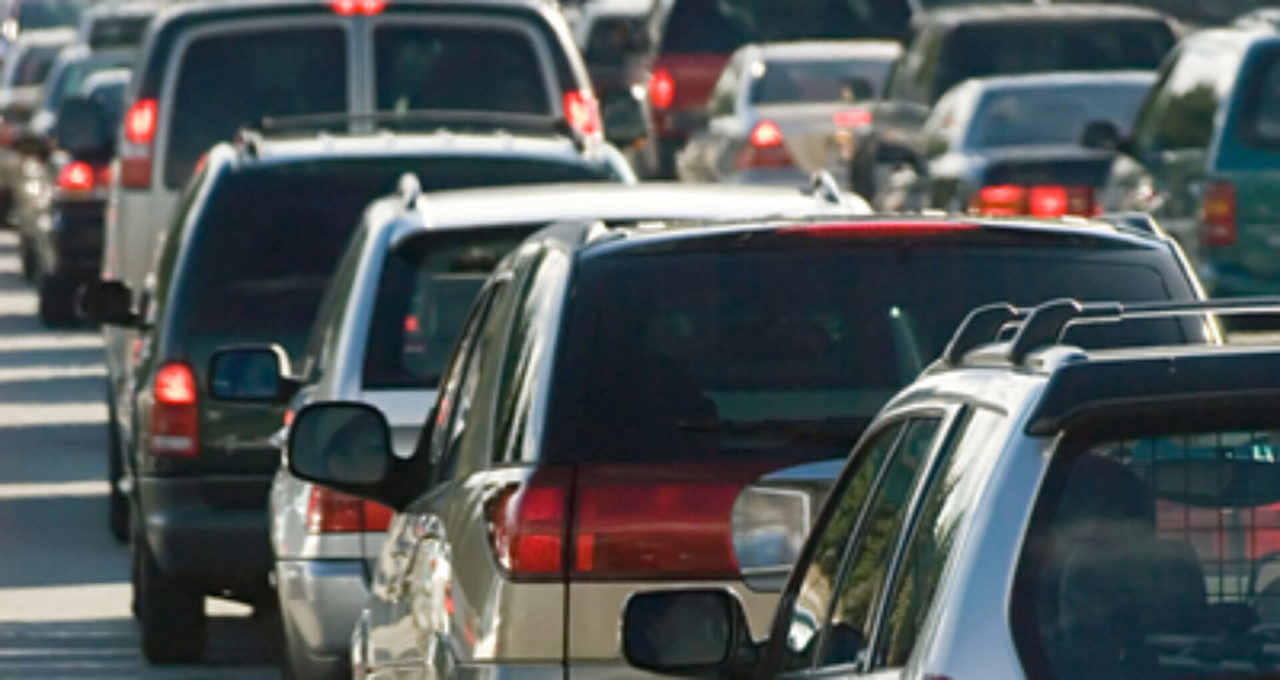Taxation and customs clearance of imported cars to be changed
The authorities plan to change the way imported cars are taxed and cleared through customs so that taxes are paid according to their value, rather than the engine capacity as at present. Experts say this practice would comply with European rules and make it easier for business.

According to the draft law currently being prepared, value-added tax of 20 percent of the value of the means of transport will be paid on imported cars, Valeriu Cozirev, head of the customs destination section, told Radio Moldova. Thus, when importing a car worth 10 thousand euros, its owner will pay a tax of 2,000 euros, regardless of the engine capacity.
Apparently, this customs clearance method will benefit importers of cheap, older cars. However, Valeriu Cozirev points out that older cars will pay higher environmental taxes.
"Citizens who bring newer means of transport, which will be more expensive, will lose out. And those with older cars will obviously be cheaper. It should not be made too easy for old cars to be introduced. I imagine that there will be a tax for environmental pollution. It will be convenient to bring in from the point of view of customs payments, but it won't be more convenient to bring in from the point of view of environmental payments," Cozirev said.
The application of a fixed fee on the customs clearance of cars is a European practice, automotive expert Andrei Tabuica told our radio station. The value-added tax could make it easier for entrepreneurs to do business, and in the case of individuals it will depend on other taxes levied by the state.
"It depends on several aspects. First of all, it's a European practice in the case of legal persons, such a law is long overdue and if VAT will be deductible, then it's good for entrepreneurs. Individuals will not be able to deduct this VAT, but to some extent it will offset the excise duty that is currently levied on the customs clearance of cars. What it does to the price of cars. At present the luxury tax is also applied," the expert said.
Andrei Tabuica also said that the application of differentiated environmental taxes according to the degree of air pollution by different types of cars is also welcome.






